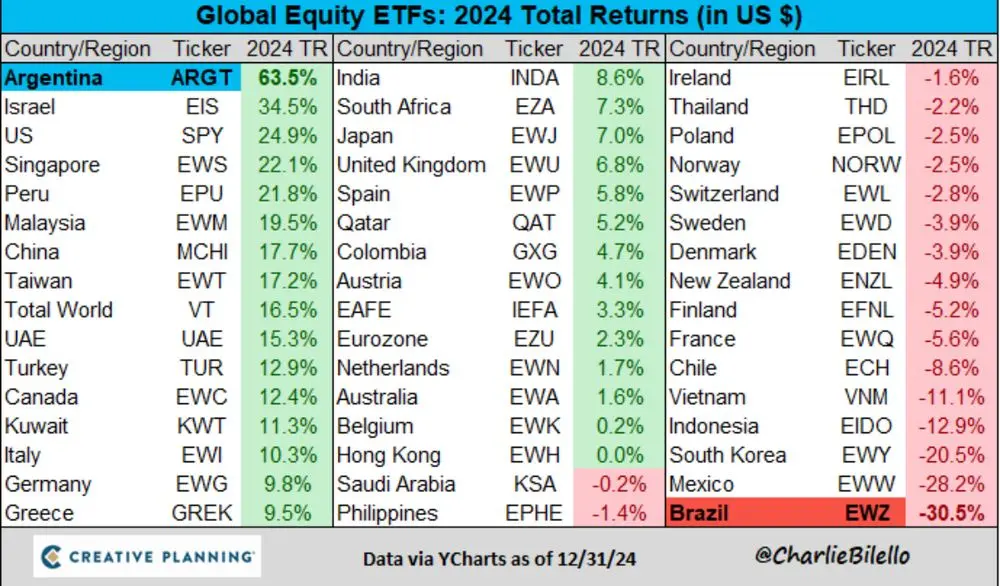The global security landscape has undergone profound changes in recent years, characterized by the rise of revisionist powers and the weakening of the rules-based international order. Two regions stand at the forefront of these challenges: Central and Eastern Europe (CEE), confronting Russia’s aggression against Ukraine, and the Indo-Pacific, where China’s assertive actions continue to raise tensions well beyond the Taiwan Strait.
Despite their geographic distance, CEE and the Indo-Pacific thus face similar economic, political and security challenges, especially when it comes to their authoritarian neighbors. As regional conflicts become increasingly interconnected, the war in Ukraine offers critical lessons not just for Taiwan but for the broader Indo-Pacific region.
The Sino-Russian Partnership
Since Russia’s full-scale invasion of Ukraine in February 2022, China has attempted to position itself as a neutral power promoting peace and stability. However, its actions tell a different story. Beyond the infamous Xi-Putin meeting that established the “no limits” partnership just weeks before Russia’s invasion,** China has effectively sustained Russia’s war efforts through financial collaboration, technology transfers, and the circumvention of international sanctions**. Among these forms of bilateral support, the transfer of dual-use technology and components has been flagged as particularly concerning.
Moreover, Beijing has advanced peace proposals that largely mirror Russian positions while criticizing Western peace initiatives.
[...]
In contrast to Beijing’s ambiguity [...] Japan swiftly provided unconditional support for Ukraine, even at significant costs to its own national interests, including energy cooperation with Moscow.
South Korea initially adopted a more cautious approach, balancing its support for Ukraine against regional security concerns. However, North Korea’s deployment of troops to support Russia’s war efforts in late 2024 prompted Seoul to reassess its position. With Russia and North Korea forming an increasingly entrenched authoritarian alliance, South Korea has drawn closer to Western partners to counter this emerging threat.
[...]
For Central and Eastern European states, particularly those most threatened by Russia’s actions – i.e., Poland, the Baltic states, and the Czech Republic – China’s stance on Ukraine has fundamentally altered their approach to Beijing.
[...]
This reflects a broader shift in Central and Eastern Europe, where initial enthusiasm for Chinese investment has largely given way to disillusionment due to unfulfilled economic promises. The cooperation platform between China and CEE (originally known as the 16+1) now functions as a “zombie format,” especially since the withdrawal of the Baltic states. As China’s role in CEE diminishes due to its tacit support for Russia’s aggression and regional cohesion fractures, China has prioritized bilateral relations with countries like Hungary [...]
[...]
CEE states have also embraced more constructive engagement with other Indo-Pacific countries such as Japan, South Korea, and Taiwan [...] Indeed, Taiwan has found vocal allies in the CEE region, with the Czech Senate President Vystrčil’s high-profile visit to Taiwan in 2020 exemplifying these deepening ties. Most recently, Taiwan’s major semiconductor company – TSMC – has begun constructing a semiconductor production facility in Germany, with the Czech Republic and other Visegrád Four (V4) states expected to play vital roles as component suppliers.
[...]
Ukraine and Taiwan share several concerning similarities. Both face revisionist powers that contest their sovereignty based on distorted historical narratives. The long-held neoliberal assumption that economic interdependence deters military aggression has proven flawed in Ukraine and may similarly fail when it comes to Taiwan, where the global economic consequences would be even more severe.
[...]
